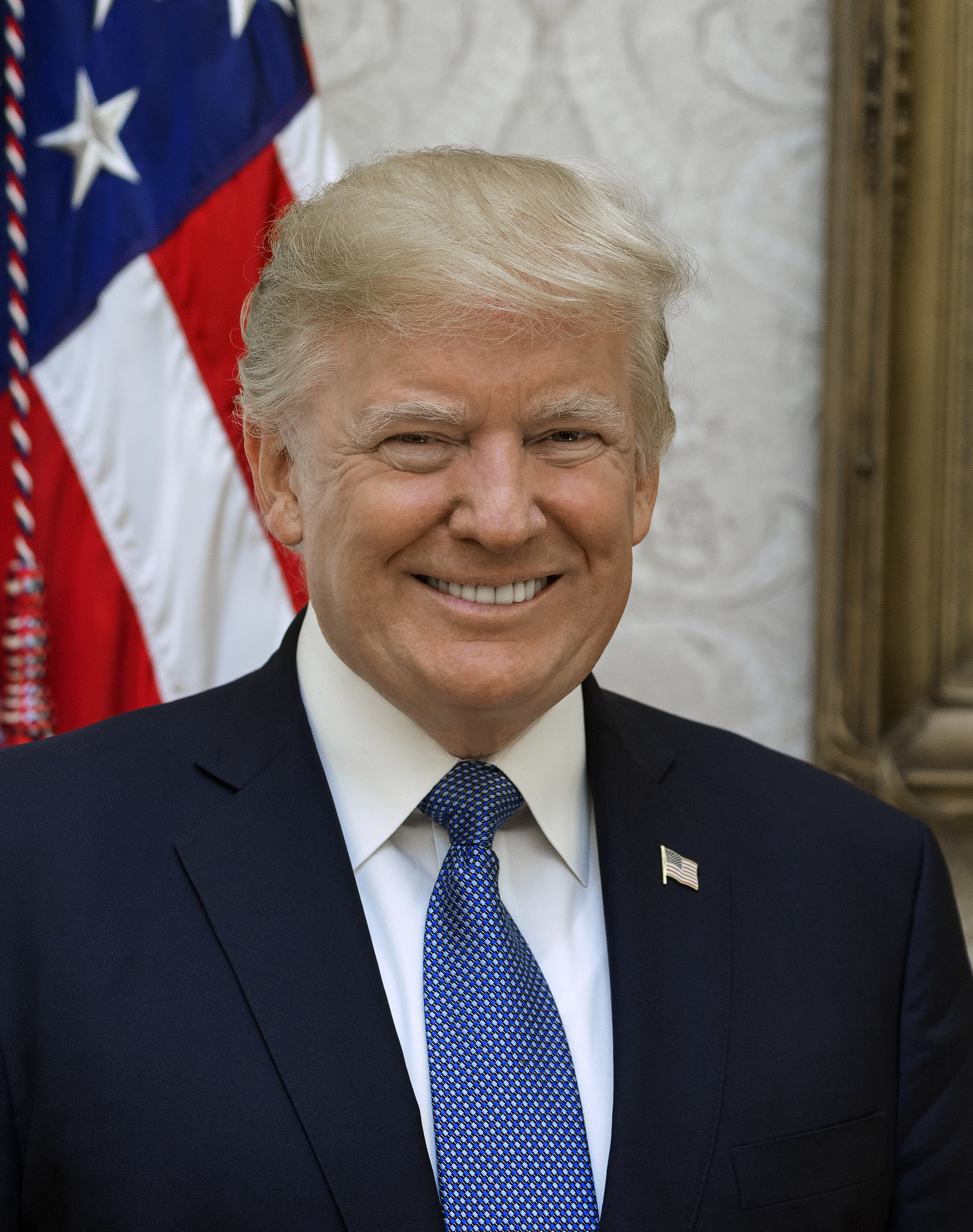



Circuit action has taken place in the case of Trump v. All, of course, may well continue to resist anyway-but if so, they proceed at much greater risk to themselves. The same applies to other potential witnesses, and to the former president himself, should the committee seek his testimony. The new legal landscape, for example, almost certainly means that two top Trump officials - former White House Chief of Staff Mark Meadow and former top adviser Steve Bannon - can no longer argue that the privilege prevents them from cooperating with the committee. Put simply, the former president, whether he knows it or not, is now in a dramatically weaker position than he was only recently with respect to the committee. But in fact, the Supreme Court action does not mitigate the matter for Trump. Circuit opinion has been hanging around since early last month with little notice or discussion-probably because the Supreme Court was poised to jump in any time. Circuit opinion that rejects a number of his key claims in resisting the committee. On its face, the Supreme Court’s order yesterday appears to mitigate the consequences for Trump of a D.C. Circuit opinion it leaves in place, it has profound implications for Trump’s ability, and that of his allies, to make executive privilege claims in response to demands for testimony and information from the committee. The peculiar, four-page order, is a complicated document, but in combination with the broad and underdiscussed D.C.
#Trump blogo archive#
The Supreme Court Wednesday evening denied a motion by former President Trump to block the National Archive from turning White House materials to the House Select Committee on the January 6 Attack. Don’t look now, but the law of executive privilege has undergone a substantial shift.


 0 kommentar(er)
0 kommentar(er)
